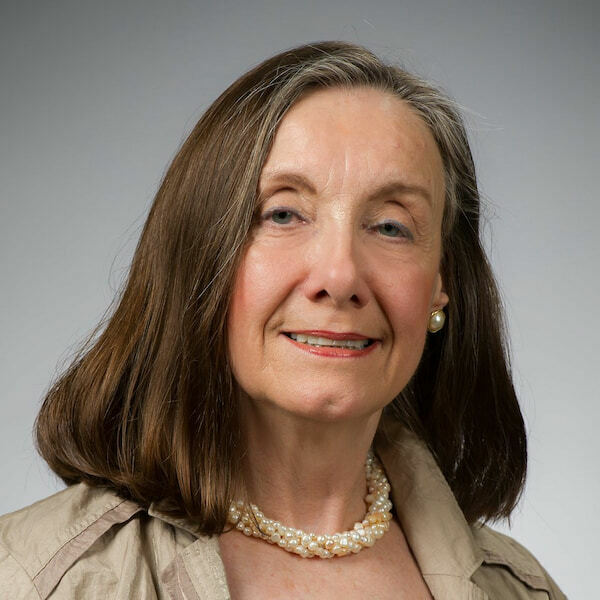G. Felicitas Munzel

Professor, Program of Liberal Studies
Concurrent, Department of Philosophy
Education
Ph.D. (Philosophy) with Distinction, Emory University
B.A. (Philosophy) summa cum laude, Mercer University
Research and Teaching Interests
Kant Studies, Moral Philosophy, History of Philosophy, Philosophy of Education, Philosophical Anthropology, Political Philosophy, Logic
Bio
A graduate of Emory University, Munzel has broad training in the history of philosophy, moral philosophy, and metaphysics and epistemology. Munzel’s research focuses on Kant, ethics, and the philosophy of education (with an emphasis on the meaning of liberal education). The interpretation of Kant’s philosophy in her book Kant’s Conception of Moral Character: The ‘Critical’ Link Morality, Anthropology, and Reflective Judgment (Chicago, 1999) is further developed in her book Kant’s Conception of Pedagogy: Toward Education for Freedom (Northwestern University Press, 2012) in terms of the relation of Kant’s critical philosophy to the pedagogical debates of the long 18th century. She is the translator of Kant’s 1775/76 Friedländer Lectures from Volume 25 of the Academy Edition on Kant’s Lectures on Anthropology (in the Cambridge Edition of the Works of Kant in Translation, 2012).
Her articles and chapter contributions on Kant’s ethics, practical reason, pedagogy, and anthropology include contributions to The Cambridge Kant Lexicon (2021). Her current book project, Kant’s Conception of Practical Reason: Self-Governance and the Specific Life Form of Humanity, interprets the practical primary purpose of Kant’s conception of reason in terms of a unified structure of three tiers of governance: the overarching governance of reason and its ideas, the relation of practical reason to the will (set in the context of the long tradition of the disordered will), and the relation of practical reason to the mind (Gemüt) as the seat of aesthetic responsiveness (of pleasure) to moral governance. The interpretation develops Kant’s understanding of human life as specifically distinct from other living organisms.
The DAAD, Earhart Foundation, and American Association of University Women Educational Foundation have provided grant support for Munzel’s work.
Email: gmunzel@nd.edu
Phone: 574-631-7467
Office: 320E O'Shaughnessy Hall